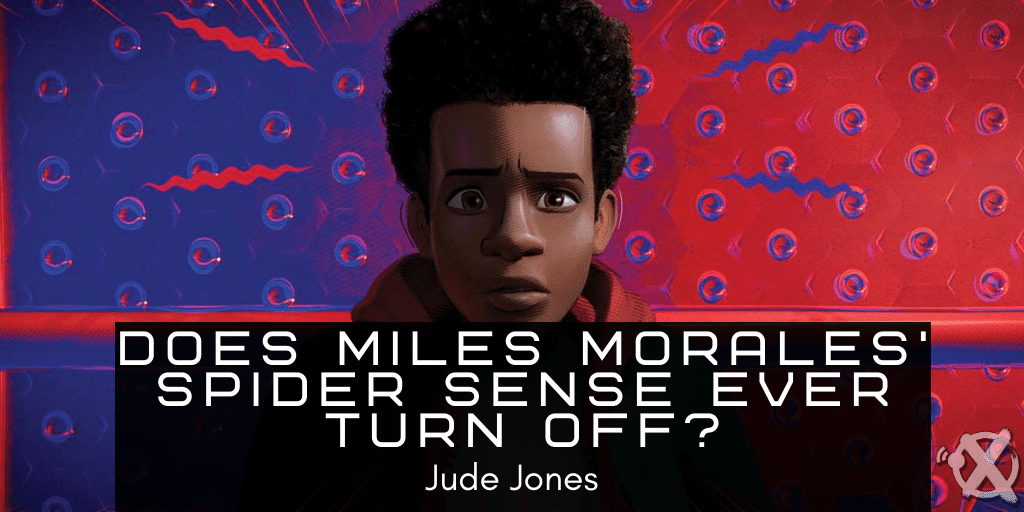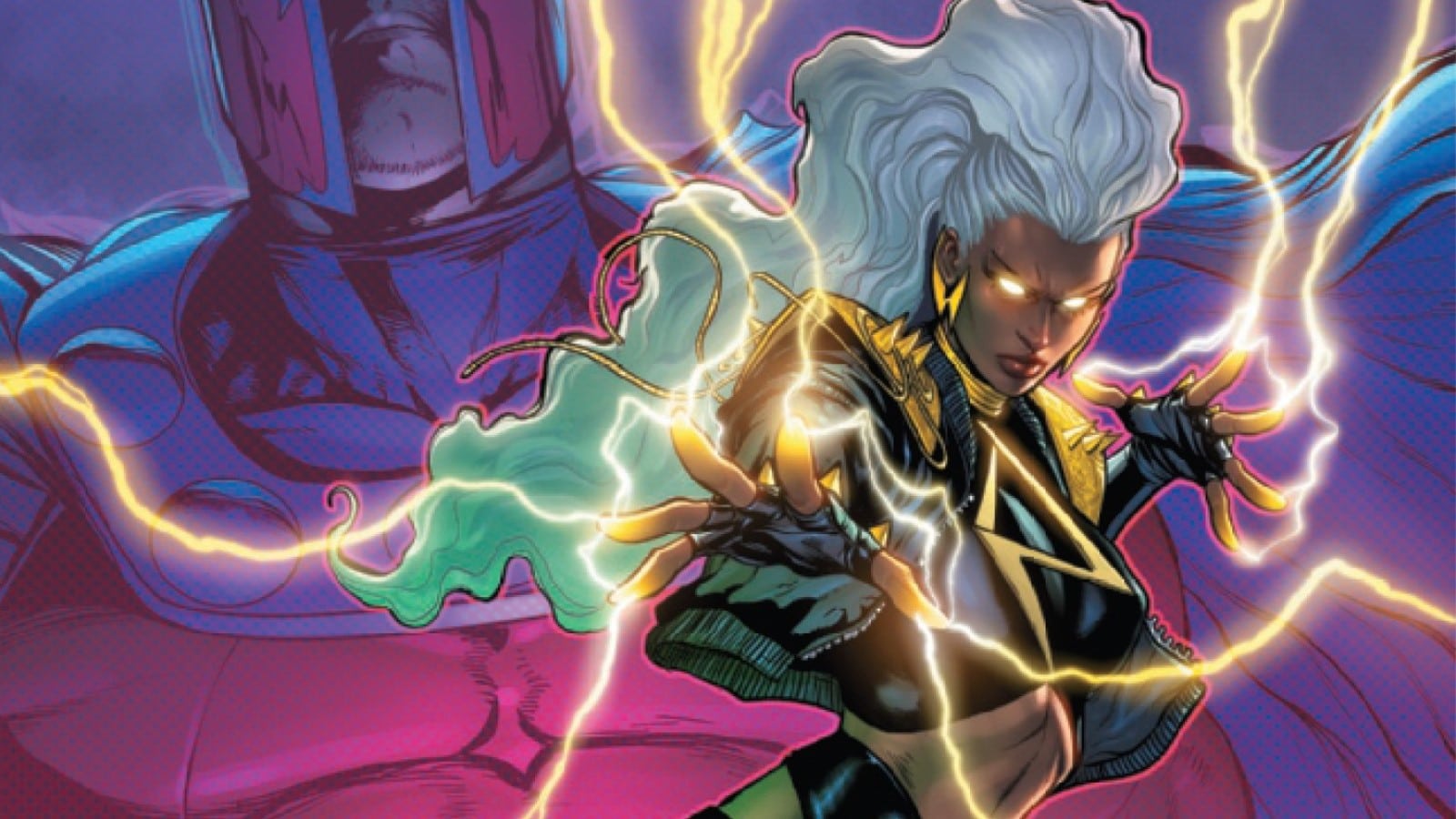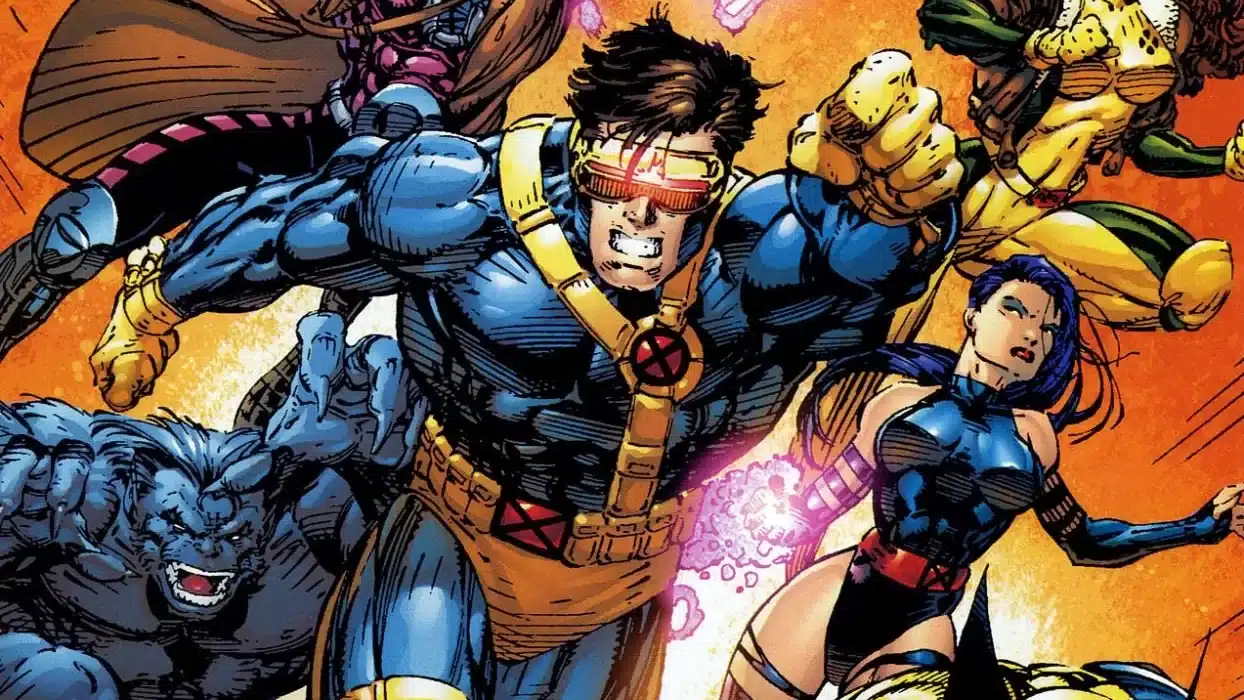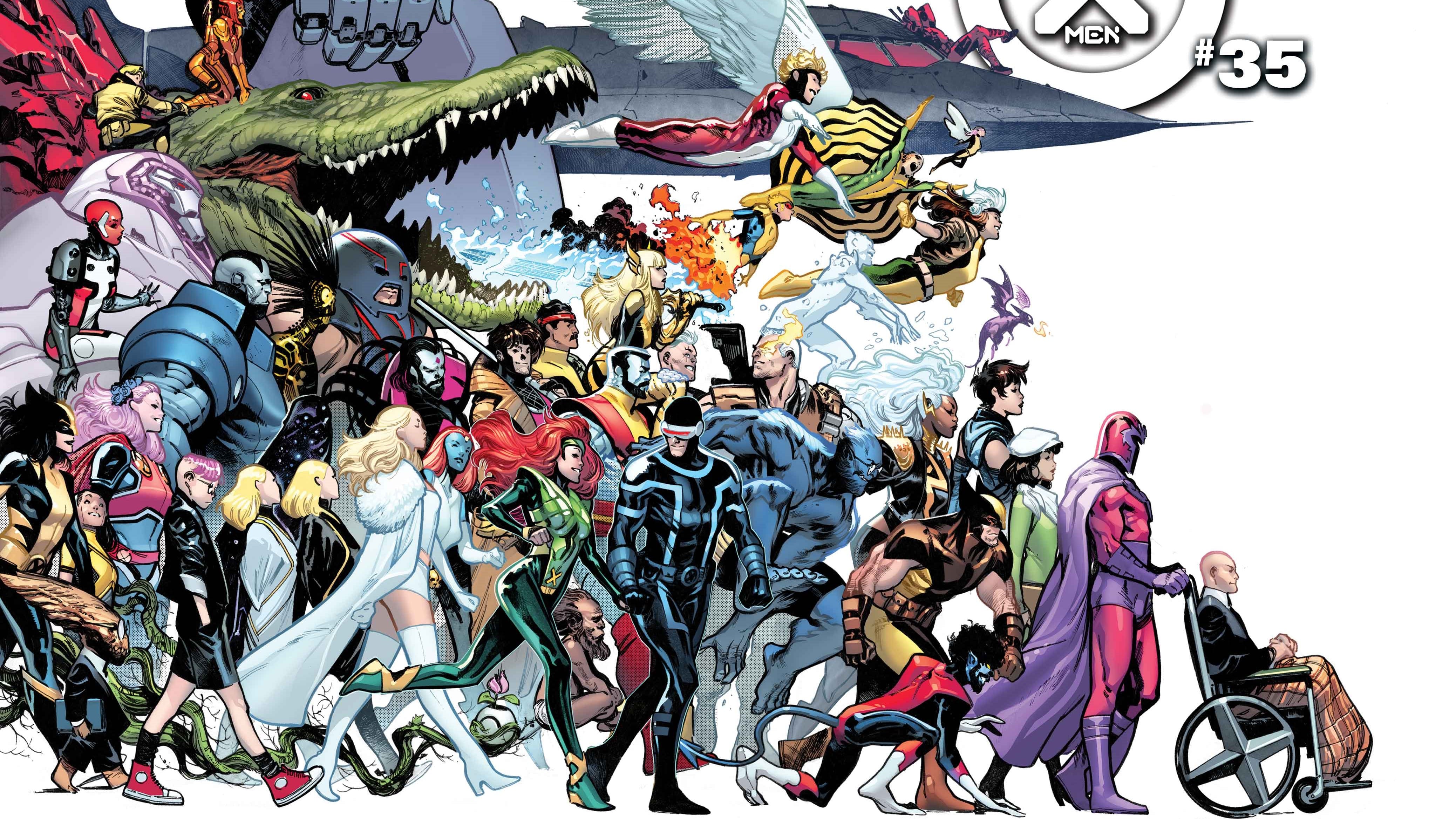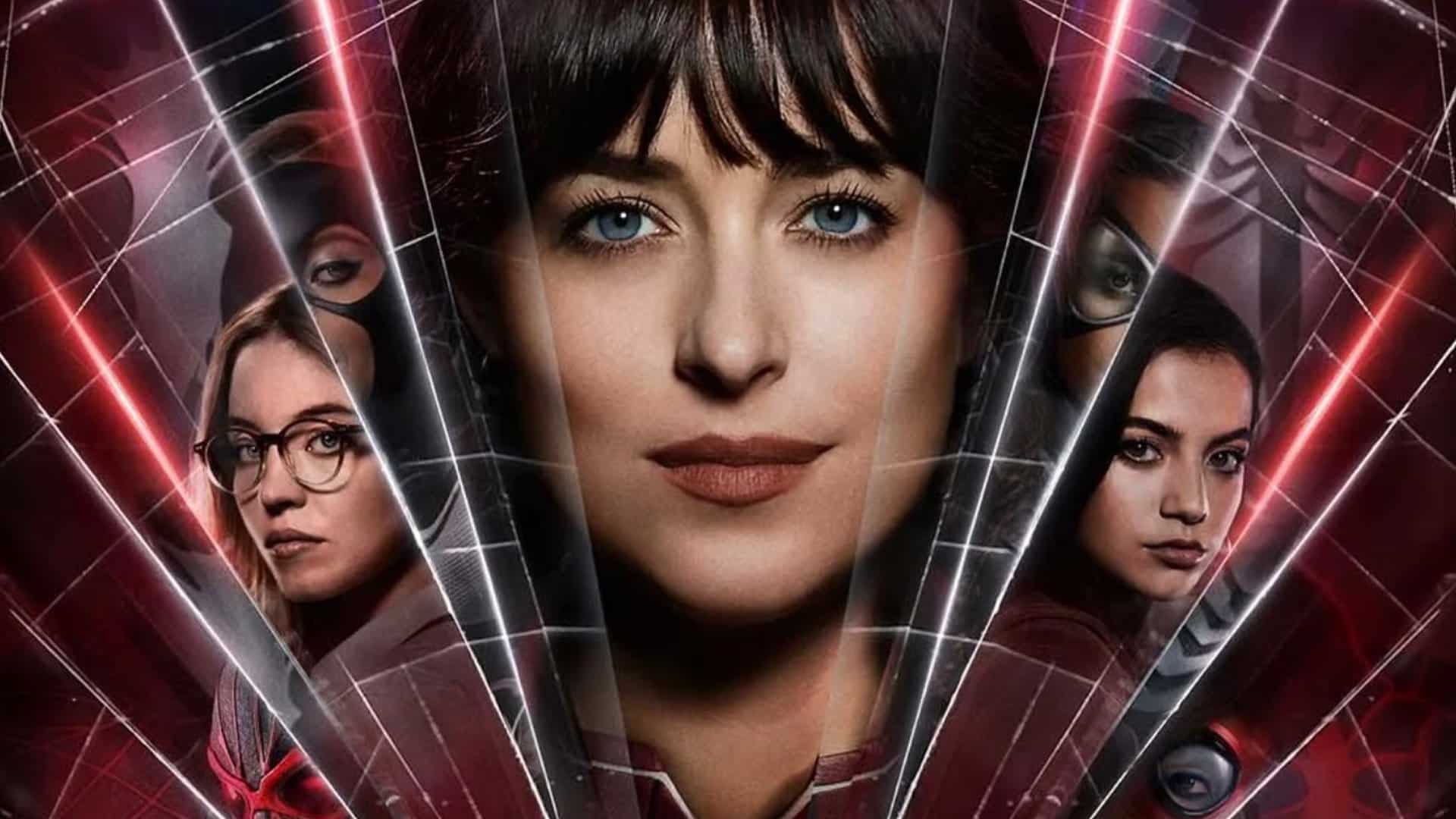In a simpler time, where indoors is open, handshakes and hugs are common, and smiles no longer need to be hidden, I am sitting at a bar with a friend. We laugh, for though we were strangers in our youth, we share so many common experiences because we are from the same small city. So many common fears. So many common friends.
Friends we start to name.
Friends who are no longer here, lost to streets few remember and even fewer memorialize.
We eulogize their names over exorbitantly priced cocktails and wonder, without a hint of sarcasm, whether our children are worse off for being shielded from the trauma that bred us.
You see, we are a gumbo of experiences, cooked by passions, flavored by our environments, and served to all those we encounter. And just like the difference between your momma’s cooking and a cheap (or expensive) imitation, inclusion of ingredients does not determine the taste of the dish. It is not simply what we experience, but how we are cooked and brewed and stewed that makes us, us. Who we are is a continuous culmination of all we’ve survived, each experience mounted atop the last to build us as brothers or rivals; as anarchists or law-abiders; as heroes or villains.

We know Miles Morales. We know the story of his a spider bite, his spider powers, and his spider mentor. We know his family, made up of a menagerie of cultures and calamities. For too long comics only explored the power fantasies of middle income white men. The acknowledgement of experiences that add honest diversity is a welcome change from that status quo. Representation matters.
But representation is not simply shading a character darker or name-checking a neighborhood. Representation is not simply the ingredients, but how those ingredients are cooked and brewed and stewed.
Miles is a young Black and Puerto Rican man (a boy, but our boys become men as soon as their voice drops) in working class New York City. He has a fresh haircut (props to his inkers for giving him a lining with waves; still waiting too see him wear a skull-cap under his uniform), fresh shoes, and self-confidence. Which means that he has almost certainly been stopped by cops in the street for simply existing. It is statically unlikely that he or his friend group would not. I have. All of my male friends have. Certainly (sadly) a young New Yorker will likely have too.

Miles walks down the street, equally aware that he could be hit by a stray bullet, or “mistaken“ for a criminal, or be the target of yet another plot from Dr. Doom; Miles walks to a prep school that likely only begrudgingly accepts him with teachers that almost certainly don’t understand him and classmates who likely judge him as he speaks; as a the son of a cop and the nephew of a robber; Miles protects the city yet “fits the profile” of those over-policed for its petty crimes; he sees up close how power can corrupt and how the innocent can be abused. As all this is true, constantly, simultaneously, I wonder:
Does Miles’ spider-sense ever turn off?
I wonder how Miles processes the shootings and the murders; the protests and the pushback; the stress and the sadness?

How does this – all of this – make him feel? Does he get angry? Embarrassed? Does he want to yell out that he does his job better than those paid to protect and serve? He knows their guns and chains can’t hurt him. When detained, does he ever want to break out of the chains in front of their faces, as youthful pride finally overtakes the maturity of anonymous heroics?
Does he talk to his dad? Does he tell his father of his anger? Of his sadness? Does his father understand? Does he share his son’s passion? Does his dad being one of “them” make Miles feel awkward? Empowered? Understanding? Is part of being a hero learning that heroes aren’t always heroic? (Miles knows a little something about that. That’s why the Champions exist).
Does Miles’ father adhere to the rhetoric of the police union that puts out press releases to blame the black bodies they murder for their own deaths, or does he bemoan it’s racism, classism, arrogance and inflammatory incompetence?

We have been protesting on the street for months now. Asking for and begging for and pleading for justice that is at least 160 days overdue.
I asked if Miles’s Spider-Sense could ever turn off. Perhaps a better question is if it should.
Would Miles be on the street? Would he walk hand in hand with protesters? Or would he be on the shadows, watching and protecting them from the cops? From his father? Would he say the names of all those we know have been killed? Would he say names of all those we don’t know but he (and maybe only he) remembers? Would he ask the Avengers and the Defenders where they were while the people suffered, the same way Killmonger asked Wakanda where they were while the Diaspora was enslaved?

I don’t know. And that should be exciting. I should look forward to watching how he manages the real life trauma of Blackness with the added theatrics of being a superhero. I should be excited to see how reconciling the two informs his decision making and his priorities; his empathy and his outlook.
Yet I am not exited. I am fearful and frustrated that his experience, this experience, OUR experience will be addressed, if at all, as a “very special episode” issue of the comic, never to be spoken of again. I say this because it’s already happened. In issue #24 of the Champions, Miles loses a classmate to violence – a school shooting. It is traumatic for the issue. And then it is not mentioned again. Not once. Not hinted at. Just happened in a vacuum.

Years ago one of my best friends, after leaving football practice with three other friends wearing their Catholic school uniforms, was stopped by police, pulled out of his car, and forced in the ground at gun point for over 30 minutes in a case of mistaken identity. That friend, the son of a judge and now a lawyer, never forgot. The experience still sits with him, informing and inspiring his work.
I still mourn friends lost 25 years ago.
Why should Miles – why should I – not have our traumas explored? Why would we ignore such obvious motivators in this hero’s journey? Should I believe Uncle Ben is more important than Miles’ friend?
Than mine?
All good fantasy is grounded in an idea that, given one incredulous change (flying aliens, A magic, bejeweled glove, knives growing out of knuckles), people would still react as people. By detaching Miles from the reality of his people – by not having the specific, overreaching, and unyielding trauma of death and systemic racism inform who and what he is – the contract of good fantasy is broken. He makes decisions that distance him form how a “real” kid would react. Our protests, our circumstances, our country’s violence is not “too political” or the sole fiefdom of Social Justice Warrior writers. It would be his life. His worldview. His reality that no guardian or goblin could detach him from.
Crooked politicians and corrupt cops are not foreign to comic lore. Yet Black character’s relationship to these abuses of power too rarely are. Thus the intersection of these stories, and the myriad of brilliant, timely art that could arise (does being, say bullet-proof, give you anymore power to enact change?), is left untouched. Black characters too often exist agency-less shells, colored with stereotypes who only exist to move another character’s arch forward.
Ironically, Marvel’s success is rooted in how characters navigate the trauma that birthed their heroics; How loss and sadness molds their steps. For Miles to both dispense justice in the comic and receive justice as a character, he needs to have those experiences highlighted, not hidden, like Matt Murdock’s Catholic guilt, Frank Castle’s eternal grief, or Miles’ mentor’s mantra.
Great power, great responsibility, right?

I understand that comics are an escape, and many people are more worried about how he will look jumping over a car than whether he wrestles with the idea that he, essentially, represents the same law enforcement that oppresses his people. I understand that dollars make the machine move, and it’s more prudent to play it safe with yet another crossover event than to dip a toe into potential political controversy. And I applaud Saladin Ahmed for writing increasingly complex stories for Miles to mature through. He’s done an amazing job. And yes, I understand that events happening today, especially today, likely would not appear in print for months, if not years. I get it.
But.
None of what I speak of is new. It happened this week in Kenosha, Wisconsin. And 6 years ago in Ferguson, Missouri. And 25 years ago in the streets of New Orleans. This is not a phase or a gimmick. This is reality. This is the world. I want Miles to exist in the world as it exists. I want him to fully represent in all that he does the experiences of his peers, both positive and negative, traumatic and triumphant. That’s the work. That’s real representation. That’s what Miles deserves. And it’s what readers, who look like him and yearn to relate to him, deserve too.
" data-author-type="
Warning: Undefined array key "type" in /home4/xavierf2/public_html/wp-content/plugins/molongui-authorship/views/author-box/html-layout.php on line 18
" data-author-archived="
Warning: Undefined array key "archived" in /home4/xavierf2/public_html/wp-content/plugins/molongui-authorship/views/author-box/html-layout.php on line 19
">
Warning: Undefined array key "id" in /home4/xavierf2/public_html/wp-content/plugins/molongui-authorship/views/author-box/html-layout.php on line 39
-"
Warning: Undefined array key "archive" in /home4/xavierf2/public_html/wp-content/plugins/molongui-authorship/views/author-box/html-layout.php on line 40
itemscope itemid="" itemtype="https://schema.org/Person" >
Warning: Undefined array key "img" in /home4/xavierf2/public_html/wp-content/plugins/molongui-authorship/views/author-box/parts/html-avatar.php on line 4
Warning: Undefined array key "show_social_web" in /home4/xavierf2/public_html/wp-content/plugins/molongui-authorship/views/author-box/parts/html-socialmedia.php on line 6
Warning: Undefined array key "show_social_mail" in /home4/xavierf2/public_html/wp-content/plugins/molongui-authorship/views/author-box/parts/html-socialmedia.php on line 7
Warning: Undefined array key "show_social_phone" in /home4/xavierf2/public_html/wp-content/plugins/molongui-authorship/views/author-box/parts/html-socialmedia.php on line 8
Warning: Undefined array key "type" in /home4/xavierf2/public_html/wp-content/plugins/molongui-authorship/views/author-box/parts/html-name.php on line 17
Warning: Undefined array key "type" in /home4/xavierf2/public_html/wp-content/plugins/molongui-authorship/views/author-box/parts/html-name.php on line 19
Warning: Undefined array key "type" in /home4/xavierf2/public_html/wp-content/plugins/molongui-authorship/views/author-box/parts/html-name.php on line 21
Warning: Undefined array key "archive" in /home4/xavierf2/public_html/wp-content/plugins/molongui-authorship/views/author-box/parts/html-name.php on line 37
Warning: Undefined array key "name" in /home4/xavierf2/public_html/wp-content/plugins/molongui-authorship/views/author-box/parts/html-name.php on line 41
Warning: Undefined array key "bio" in /home4/xavierf2/public_html/wp-content/plugins/molongui-authorship/views/author-box/parts/html-bio.php on line 8

